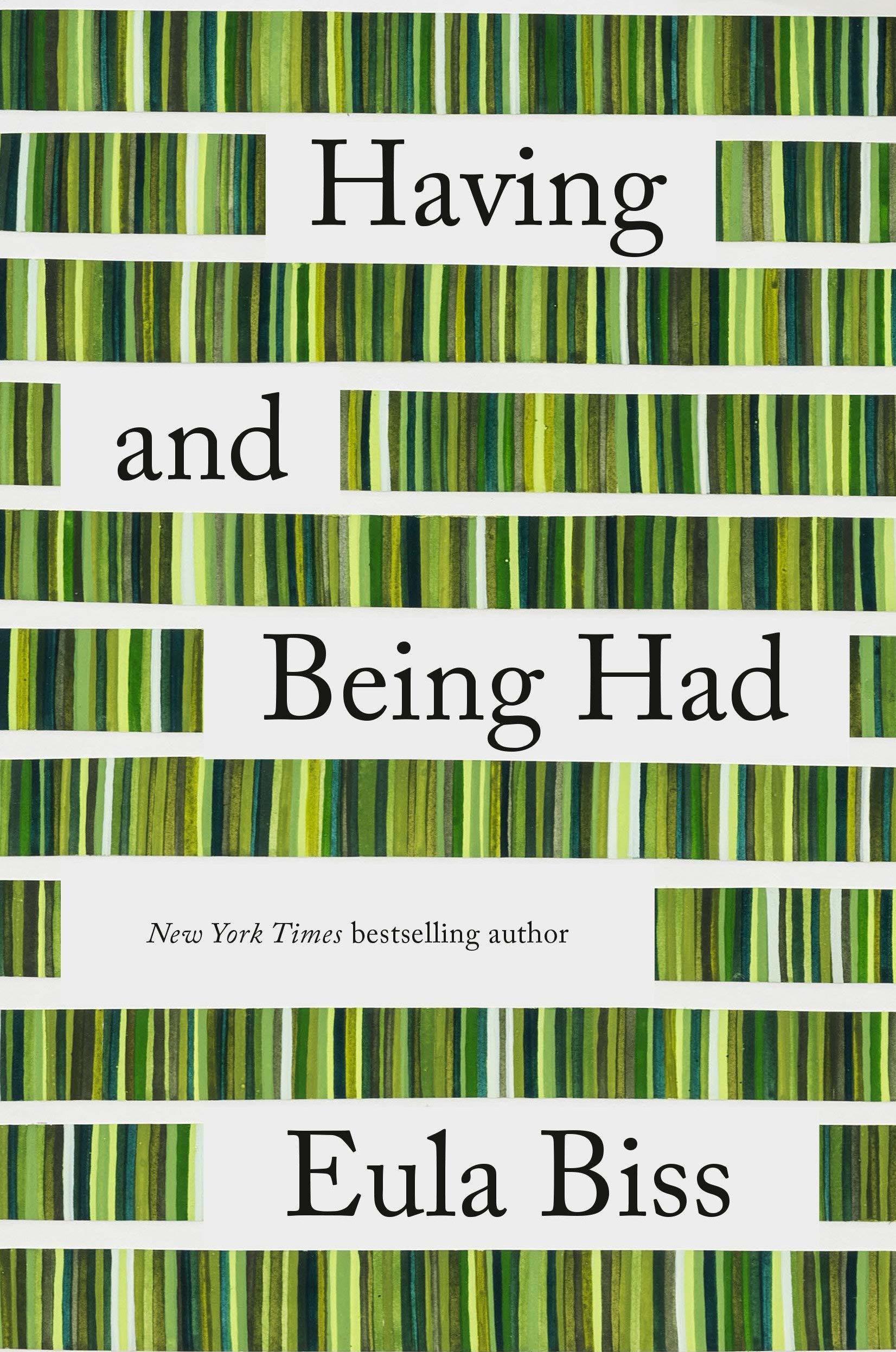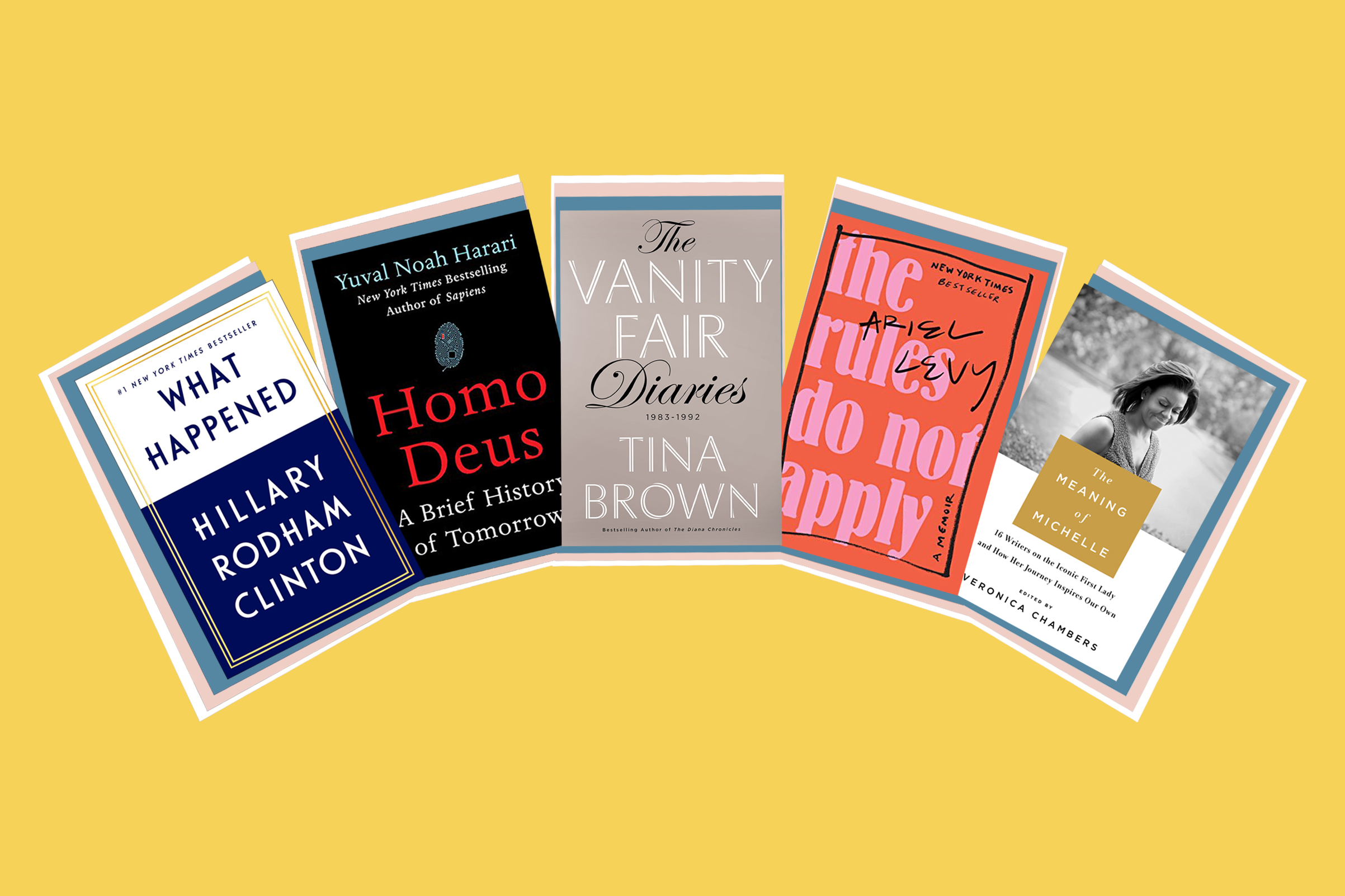
Her endnote “On the Rules” she used to compose the book provides an interesting basis for a dicsussion about our unspoken cultural rules for how we talk about money and work. The essay “Passing,” which considers debt and credit as a means of “passing” as a member of a higher social class, would certainly provoke an interesting class discussion, as will Biss’s many meditations on the ways that race, class, and gender interact with the economic language she explores. The essay would pair particularly well with Rosling’s The Magic Washing Machine, as Biss closes by noting that “I consider the possibility that the washing machine, more than the house, has changed my life.” “Comforter”, which is about trying to find a washing machine large enough to wash a bulky comforter when one has moved up and out of a poorer neighborhood with easy access to laundromats with large industrial machines, is a fascinating meditation on questions of class and convenience. Biss returns again and again to words like “work,” “possession,” and “service,” with a goal both of understanding them in their many incarnations, and of making them new for readers who likely use them unthinkingly.Īs a result, Having and Being Had is a book that economists may want to dip into for short pieces that will provoke classroom discussion. It is a book about thinking about some of the things that economists think about, but from very different angles of approach. It is probably best to think of Having and Being Had as a focused inquiry into the layers of meaning of the words we use to think and talk about weath, economics, money, and work. I still feel this question says much more about Biss and John than it does about capitalism, but once I saw the question as part of a larger inquiry into what capitalism means rather than an assertion about its definition, I could at least leave my hair alone. There is something refreshing about Biss’s honest admission, particularly after reading so many non-economists simply asserting a definition of “capitalism” that means something like “all this” or “everything I don’t like.” Earlier in the book she wrote “What does it say about capitalism, John asks, that we have money and want to spend it but we can’t find anything worth buying?” I tore my hair out.

We agree that we will find out what capitalism is before we talk again. And I don’t know where capitalism began, or when.

In trying to explain it, I realize that I don’t know either. After a pause, Bill admits that he doesn’t really know what capitalism is.


 0 kommentar(er)
0 kommentar(er)
